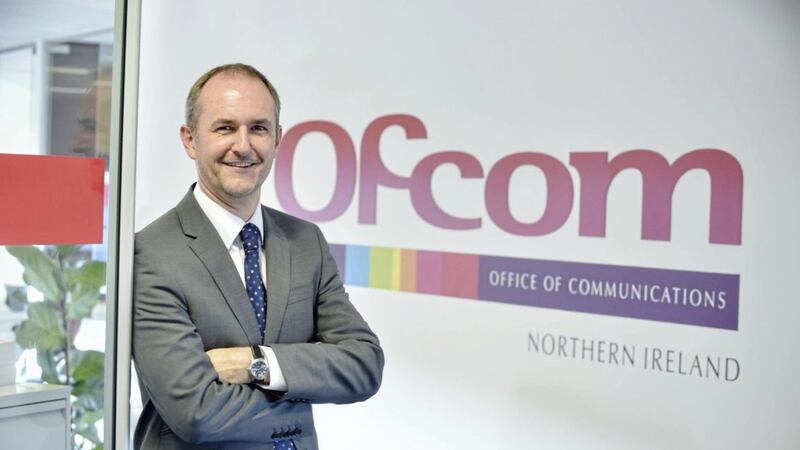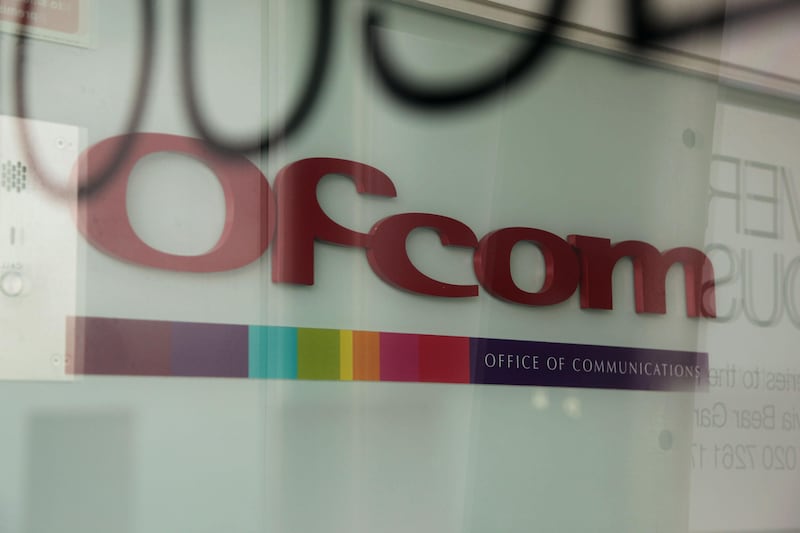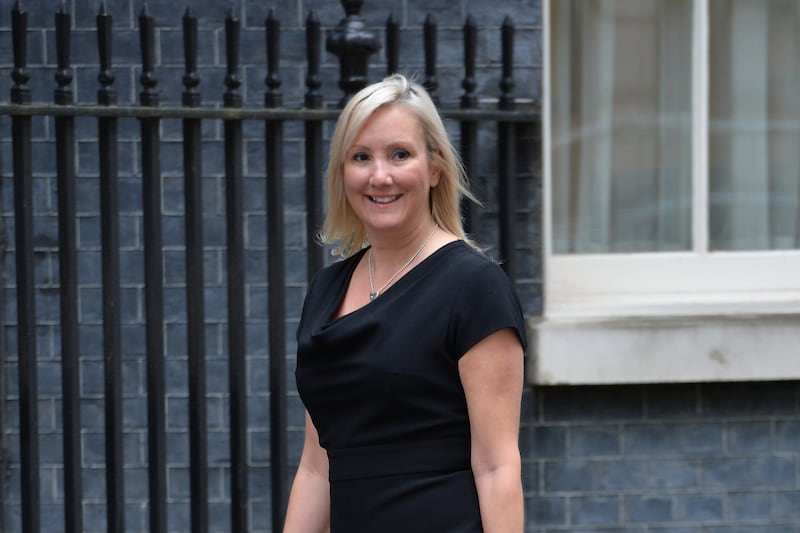THE quality and reach of fixed broadband and mobile infrastructure in Northern Ireland has improved considerably over the last few years.
Superfast broadband, capable of delivering download speeds of 30 Mbit/s or more, is now available to more than 80 per cent of homes and small businesses and continuing investment by industry and government will ensure further increases in coverage over the next few years.
There have also been notable improvements in coverage or mobile voice and data services. 4G coverage from all four operators now extends to 60 per cent of the Northern Ireland landmass, compared to just 17 per cent in 2015.
But too many people and businesses are still struggling for a good service.
Ofcom's latest Connected Nations report shows that 63,000 Northern Ireland homes and offices (that's 8 per cent of properties) remain unable to sign up for broadband speeds over 10 Mbit/s, the speed required to meet a typical household’s digital needs. In rural areas this rises to one in four premises, often because they are situated a long way from the telephone exchange or local street cabinet.
So we’re challenging mobile operators to go beyond built-up areas, and provide coverage across the UK’s countryside and transport networks. We are also providing technical advice to support the UK Government’s plans, announced in 2015, for universal, decent broadband.
The universal service would ensure every home and small business in the country has the right to a decent, affordable broadband connection of 10 Mbit/s or above by the end of the current parliament.
Ofcom’s analysis shows that this speed is sufficient to meet the current needs of a typical household. The online activity of users who can access this speed is far less constrained than those who cannot.
However, households are likely to need greater speeds as new, data-hungry applications emerge. We will therefore monitor the universal service and recommend its minimum speed to rise when necessary.
The final design of the service will be decided by Government, and then implemented by Ofcom.
These are very important initiatives but we should also highlight the progress that has already been made in spreading faster broadband services in Northern Ireland.
'Connected Nations' shows the average download speed of a broadband service in Northern Ireland jumped by 21 per cent in the last year, from 28 Mbit/s to 34 Mbit/s. This reflects not only better coverage, but also people choosing to pay for faster broadband packages.
Around a third of Northern Ireland homes (34 per cent, or 254,000) have now chosen to take up superfast broadband, up from 29 per cent a year earlier.
Superfast broadband is now available to eight in ten Northern Ireland homes (83 per cent), up from 77 per cent last year. This has been driven by BT upgrading its network and on-going investment by the Northern Ireland Executive. Superfast services are now available to 71 per cent of small and medium sized enterprises or SMEs – up from 66 per cent in 2015.
With Government funded interventions continuing in tandem with ongoing operator investment, we expect the availability of superfast broadband to further increase for SMEs, and for all consumers more generally over the coming years.
Mobile coverage has also improved in the last year. Six in ten premises (64 per cent) can now receive an indoor 4G signal from all networks, up from just 37 per cent last year, as operators continue to roll out faster mobile broadband.
Ofcom rules mean that O2 must deliver a mobile data service to 95 per cent of premises in Northern Ireland by the end of next year, and other operators are expected to follow in order to remain competitive.
So we’re seeing good progress, but there is a long way to go. Ofcom recognises access to high quality fixed-line and mobile communications services are increasingly vital for consumers and businesses, and we want everyone to benefit from better coverage
Ofcom will keep working with Government and industry to ensure that Northern Ireland has the mobile and broadband networks it needs for the coming years.
:: Jonathan Rose is Northern Ireland director of Ofcom








